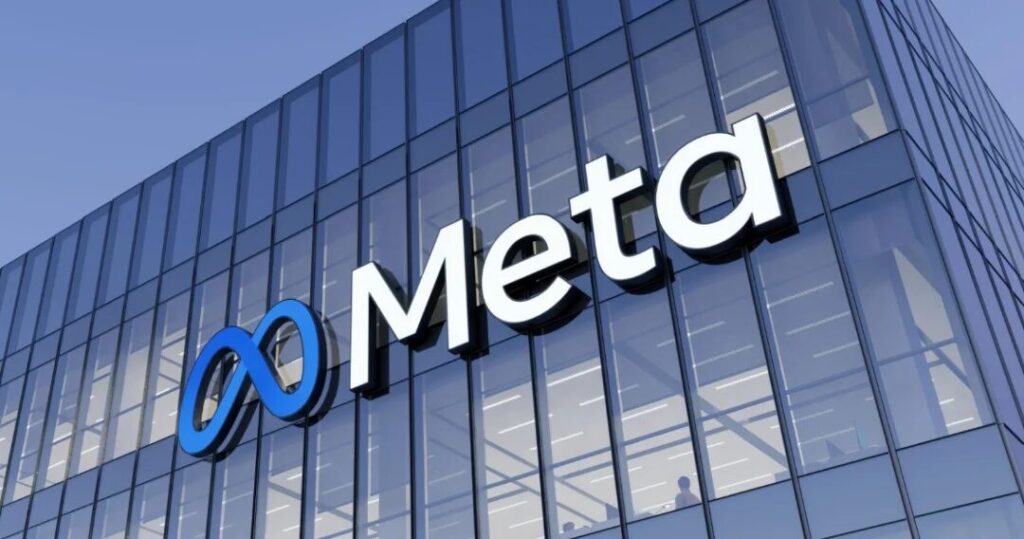In a move that has ignited a fierce backlash, the European Union (EU) has proposed a controversial plan that could significantly impact the privacy of internet users. The new proposal, put forth by Belgium’s EU Presidency, aims to bypass end-to-end encryption to monitor online communications for criminal content. If accepted, this proposal could force users to consent to message scanning or face restrictions on uploading photos and videos.
EU’s Push for Access to All Chats
For the past two years, the European Commission has been advocating for internet service providers to scan user content for criminal activity and report their findings to authorities. The European Parliament, however, has opposed this broad surveillance approach, advocating instead for the monitoring of only those individuals suspected of illegal activities.

The latest proposal focuses particularly on visual content, such as photos and videos, while leaving documents and audio recordings outside its scope. It also suggests employing artificial intelligence to detect new abusive materials, though to mitigate false positives, any flagged content would need to be confirmed twice.
Controversy and Public Outcry
Under Belgium’s proposal, users would be required to give explicit consent for their content to be scanned. Those who refuse would be barred from uploading photos and videos on platforms. This restriction has sparked significant public concern and opposition, as many view it as an unacceptable infringement on personal privacy.
Meta, the parent company of WhatsApp, has been particularly vocal against the proposal. Will Cathcart, the head of WhatsApp, expressed his objections on X (formerly Twitter):
“Once again, the EU’s proposal to scan private messages has resurfaced. This time, everyone is being forced to consent to having their photos scanned, with those who refuse facing bans. No matter the name, this is still surveillance and undermines encryption.
We want the internet to be safer. However, some in the EU are trying to make it less secure. Efforts to weaken the security of private communications are dangerous, and we need a course correction before it’s too late.”

The Future of Encryption and Privacy
The debate over this proposal highlights the ongoing struggle between ensuring public safety and protecting individual privacy. While the EU aims to combat criminal activity online, many fear that such measures could pave the way for mass surveillance, eroding the privacy that end-to-end encryption provides.
As the proposal progresses through the legislative process, it will undoubtedly face intense scrutiny and opposition from privacy advocates, tech companies, and the general public. The outcome of this debate will have significant implications for digital privacy and the future of secure communications in Europe and beyond.
4o

